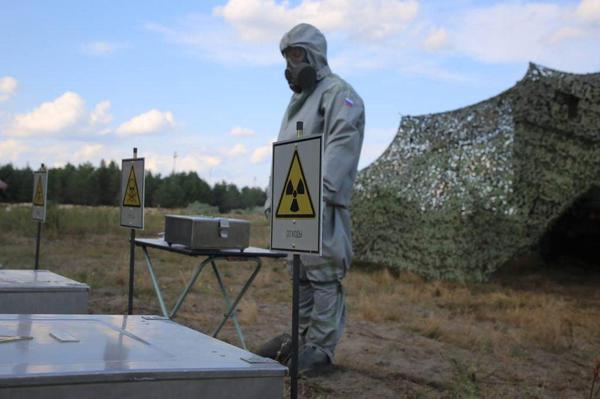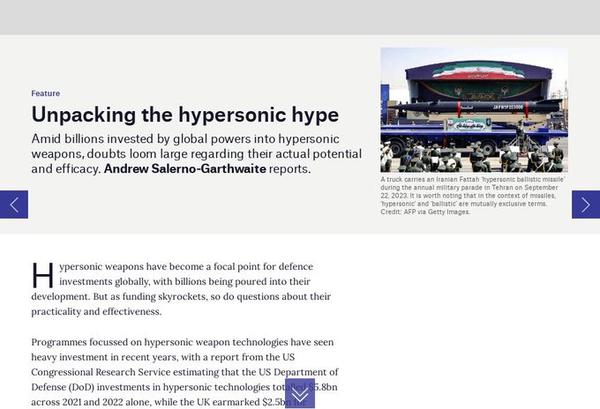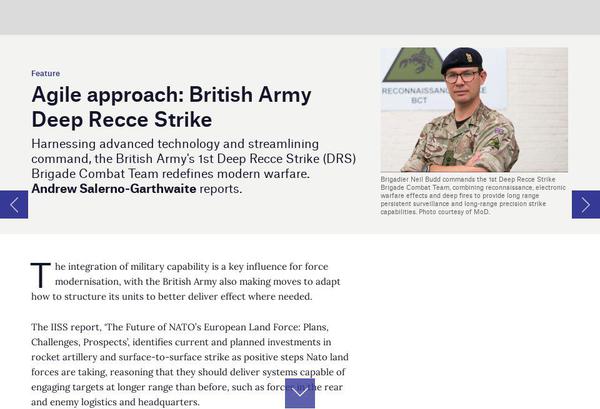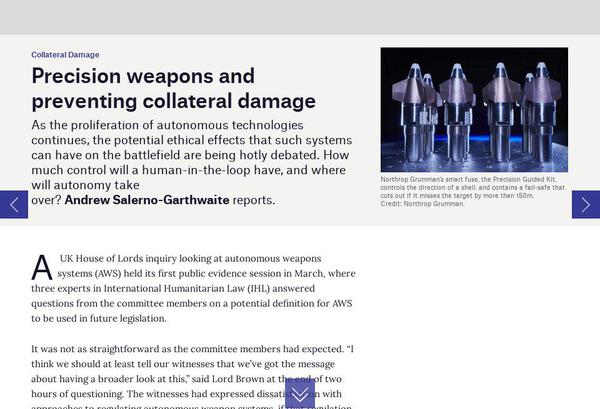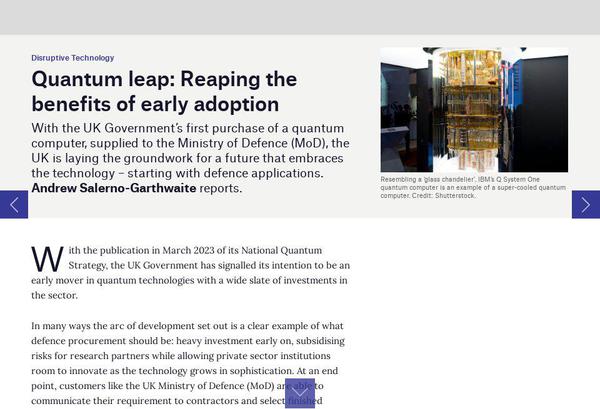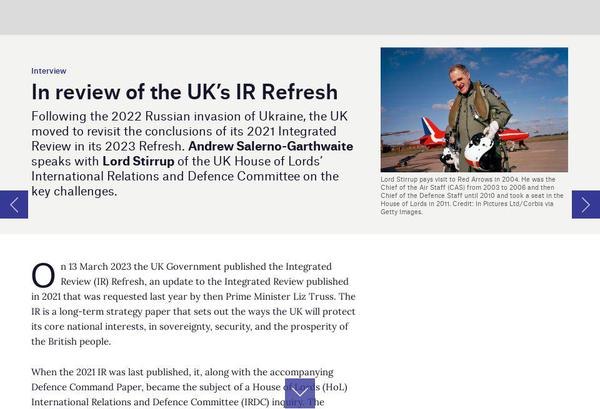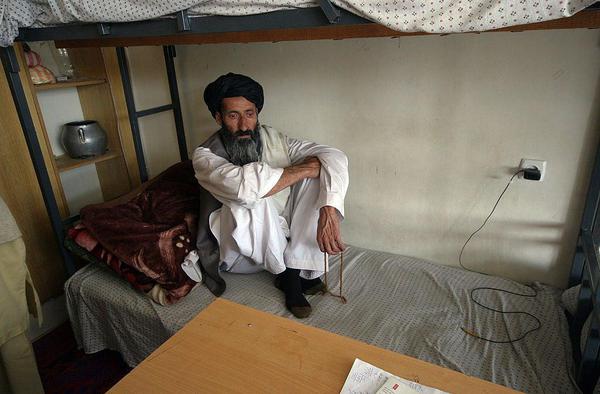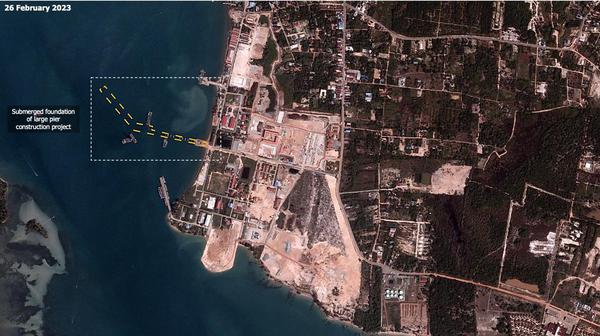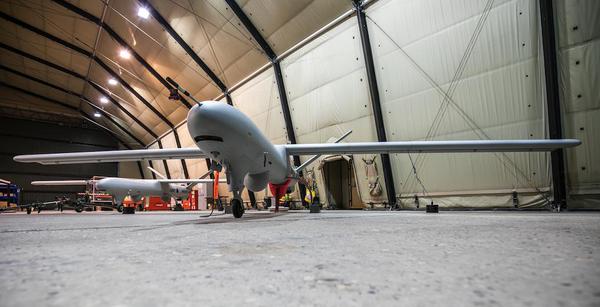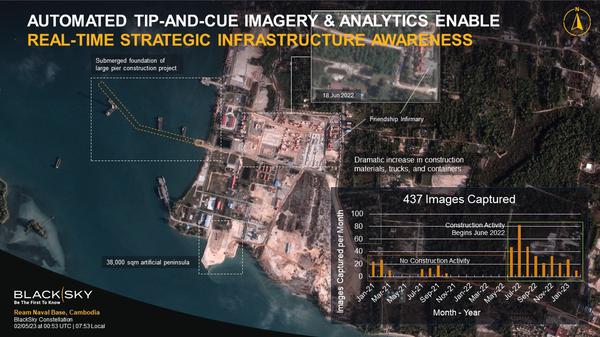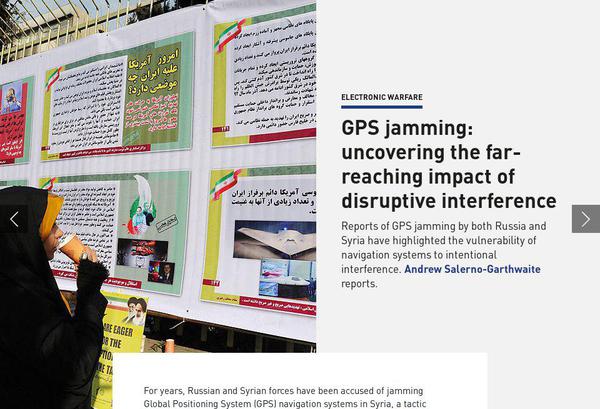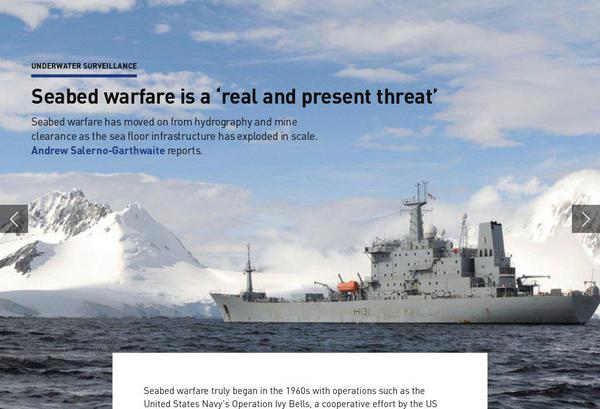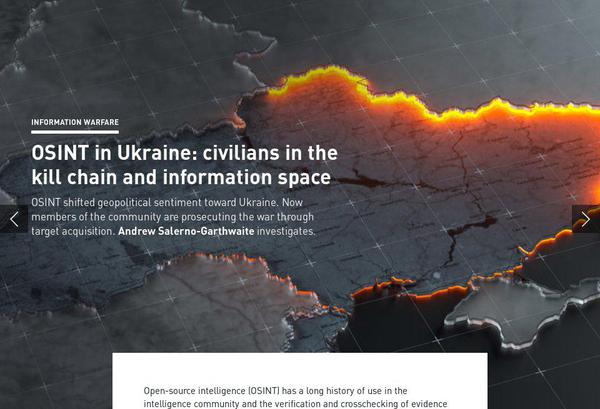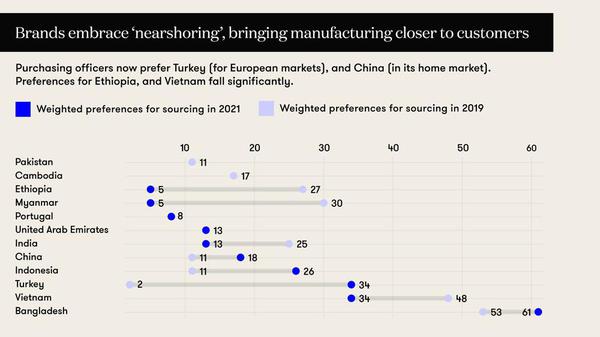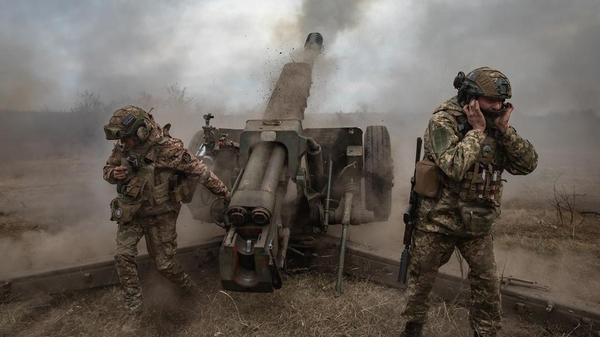
Toxic artillery: Paradigm Shift Technologies on chrome plating - Global Defence Technology | Issue 147 | June 2024
At the Future Artillery conference in Paris running from 21-23 May, Dr Gennady Yumshtyk gave a presentation that was precise and clear, but left members of the audience with an astonishing question: After 100 years of using chrome plating on artillery barrels, wherein we have found the material to be a highly carcinogenic environmental hazard, why do we not adopt an alternative that is safer, more effective, and has a lower operational cost? Why do we not use EPVD? “It seems like a no-brainer,”
 Filters & Sorting
Filters & Sorting
